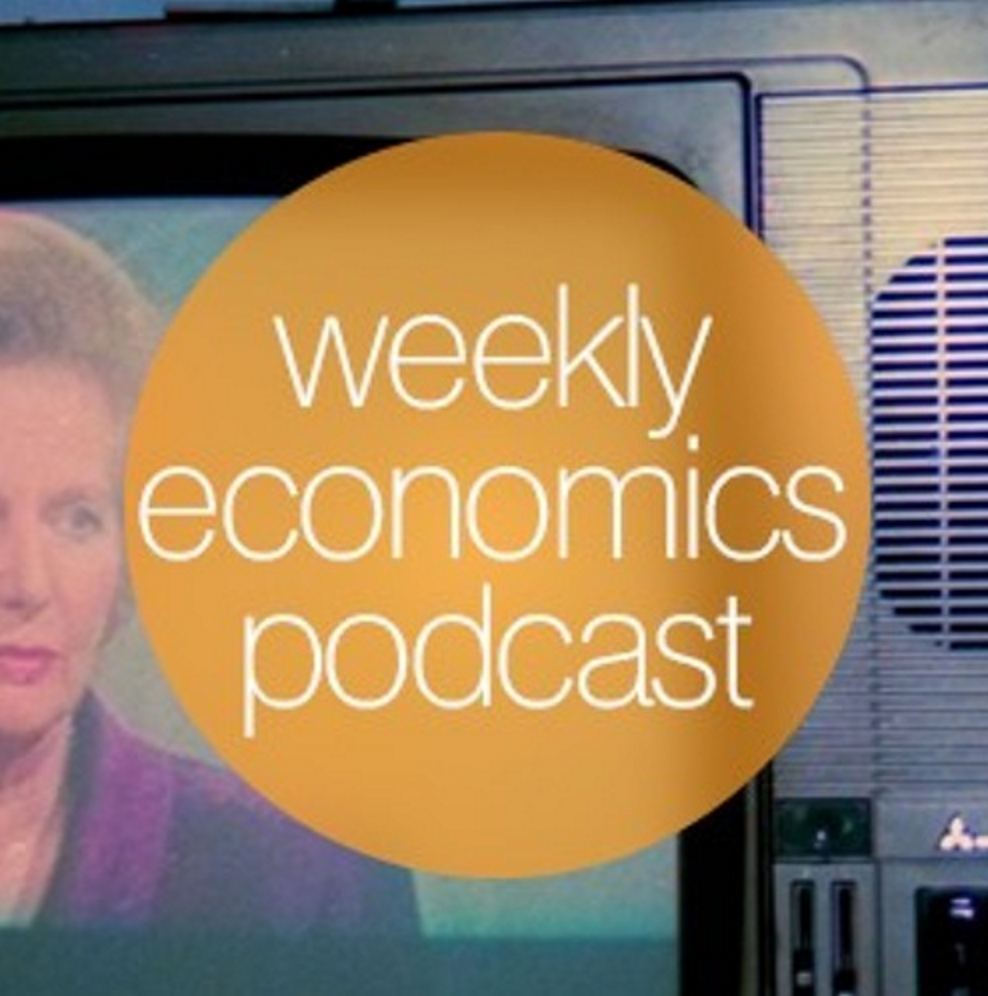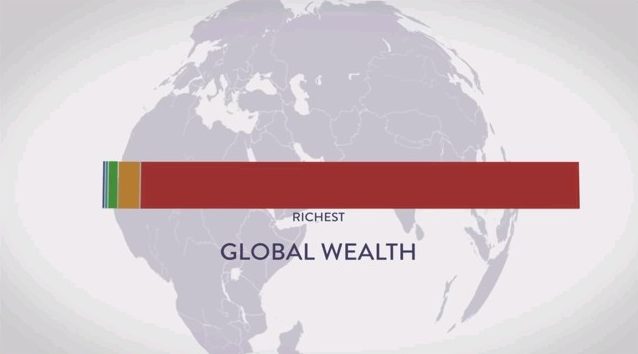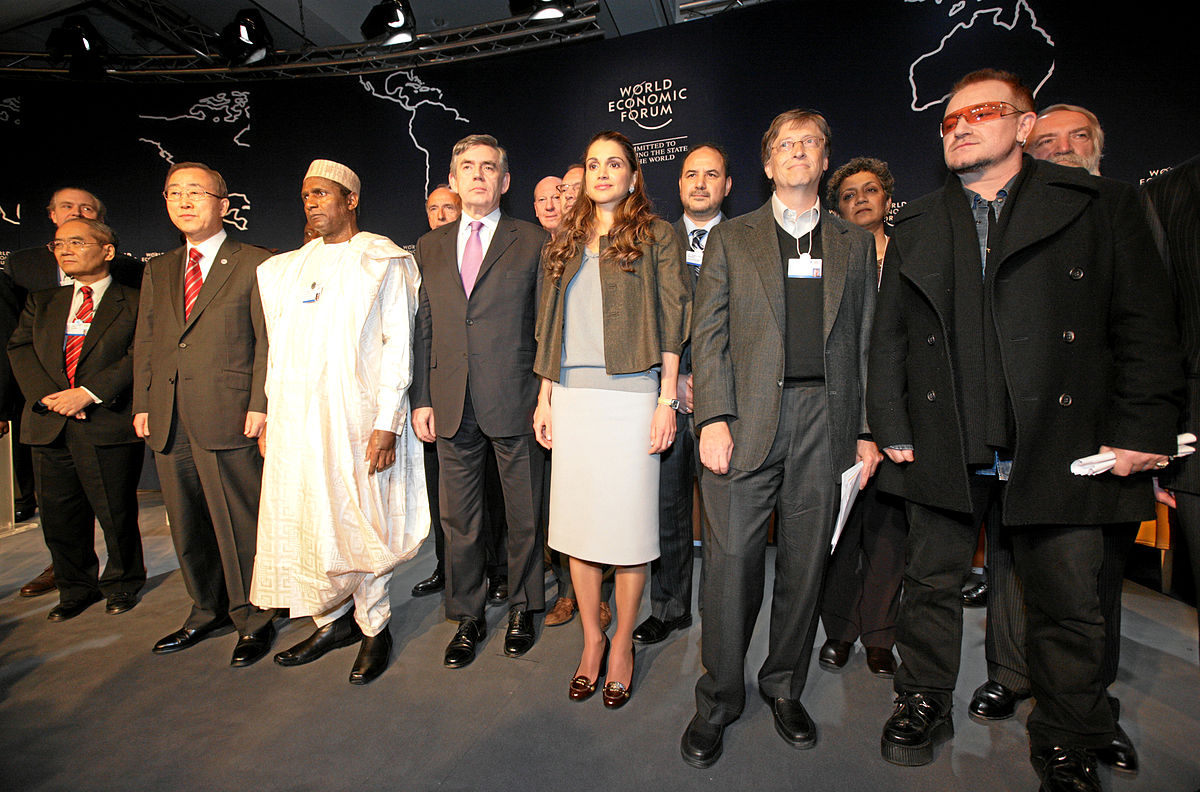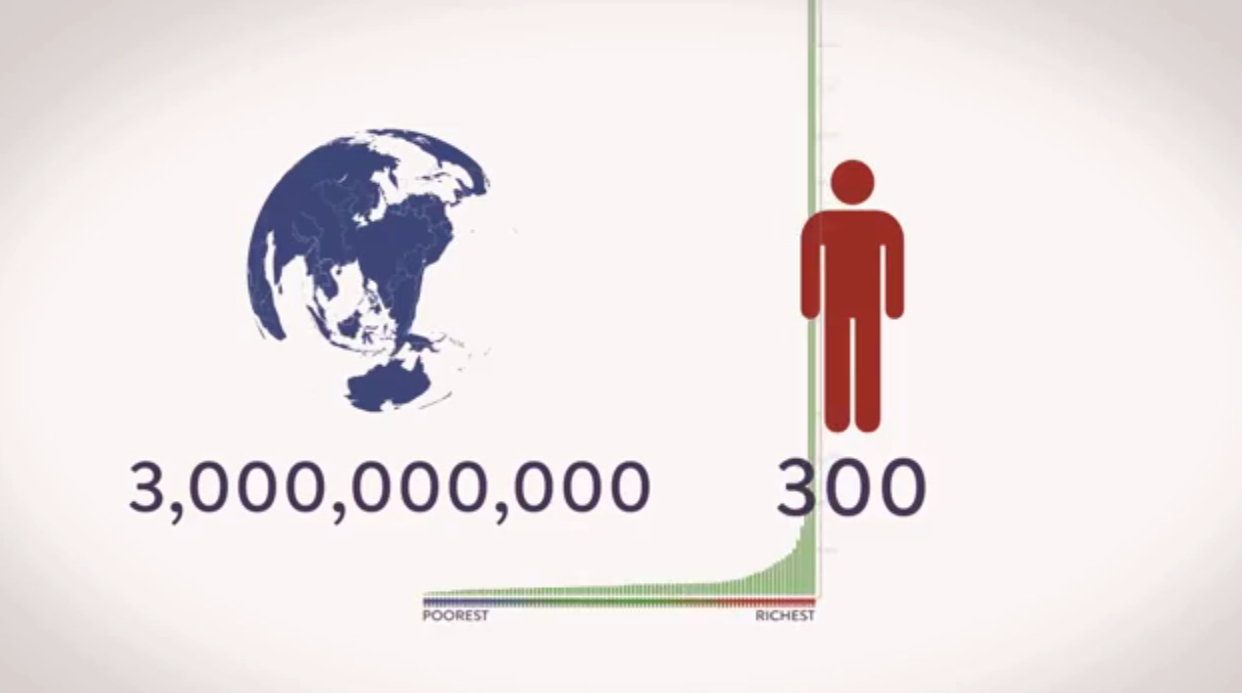
“How could one hope that a council of war would demolish what a council of war had done?”
– Émile Zola, from J’accuse! – his open letter to Felix Faure, the President of France, 1898.
A lot of people might agree that the United Nations as a concept is a good one – it’s intended to protect human rights, seemingly uphold some sense of ‘universal’ values and strive for some kind of international cohesion. But can an organisation arguably run by the old rich, (largely) white boys club of the West, who do well out of the status quo, really deliver on a commitment to ending poverty and inequality by 2030 with the Sustainable Development Goals (SDGs)?
Apart from the fact that his hierarchy is completely unfair, unequal, patriarchal, racist and unjust, here are four reasons why I think not:
1) Those with the power won’t take responsibility
When it comes to issues like ending global poverty and inequality, many powerful governments, businesses and stakeholders do not take responsibility for the role they play in both creating and perpetuating it.
In the discussions taking place over the last few years about the SDGs there has been little acknowledgment that poverty is created – conversations have largely focused on poverty being a ‘disease’ to be ‘eradicated’ rather than something that humans have created with centuries of systems and actions that have widened gaps, disempowered some and made others rich and powerful – things like slavery, racism, resource theft, empire, patriarchy, tax avoidance, colonialism and war without end.
The UN and the Global North seem to focus on problems within ‘developing’ countries like they fell from the sky, or they exist in isolation from the global system created by, and designed to benefit elites in the Global North. Poverty is often blamed on things like corruption within poor countries, on disease and on the environment – all things that put accountability firmly in the hands of nature or the poor countries themselves. Those with the power and wealth never take responsibility for their contributions through arms trading, empire building, resource theft, multinationals sucking countries dry of their resource base, self-interested foreign policy and more. They won’t admit that the poor are poor because the rich are rich.
The most powerful governments, stakeholders and companies sit around the table and lead discussions to come up with ‘solutions’ to problems that they don’t think (or won’t acknowledge) they’ve played any part in. The SDGs are a good example – how are we going to solve global poverty if those who are causing it won’t admit that they’re part of (and principle creators of) the problem? To solve a problem you need to focus on its root causes, otherwise the SDGs as a solution are like taking paracetamol for cancer – they dim the pain, but don’t offer the cure.
2) Marginalised countries and people don’t get a proper seat at the table
The SDGs have been paraded in the media as an entirely inclusive process, but if that’s the case, then why do they not include literally ANY of the demands that countries in the Global South have been making for the past thirty years? Things like;
- an end to structural adjustment,
- an end to tax evasion and mispricing,
- an end to odious debt,
- democratisation of the World Bank and the International Monetary Fund,
- reform of the World Trade Organisation,
- an end to the extreme patent licensing fees under TRIPS
I could go on. And these are ALL absent in the SDGs Zero Draft.
So really, the strings of the system, and of processes like designing the SDGs, are pulled by a limited number of people who are definitely not representative of the global population. Unless you’re a rich, powerful country or a rich, powerful multinational corporation, your influence is limited.
3) Those who claim to want to end poverty and inequality, benefit from it
I refer back to the Émile Zola quote at the beginning of this post:
“How could one hope that a council of war would demolish what a council of war had done?”
and then to George Orwell, who wrote in The Road to Wigan Pier in 1937:
“For in the last resort, the only important question is, Do you want the British Empire to hold together or do you want it to disintegrate? And at the bottom of his heart no Englishman does want it to disintegrate. For, apart from any other consideration, the high standard of life we enjoy in England depends upon our keeping a tight hold on the Empire, particularly the tropical portions of it such as India and Africa. Under the capitalist system, in order that England may live in comparative comfort, a hundred million Indians must live on the verge of starvation – an evil state of affairs, but you acquiesce in it every time you step into a taxi or eat a plate of strawberries and cream. The alternative is to throw the Empire overboard and reduce England to a cold and unimportant little island where we should all have to work very hard and live mainly on herrings and potatoes.”
It’s time to give up the charade. The SDGs are asking countries and businesses that maintain a society or a business model that function on the basis of inequality and/or built their foundations on poverty, to be responsible for eradicating them.
It’s like asking a thief (who isn’t ready to give it up any time soon) to design a system to stop people thieving.
4) Poverty is created, intentionally
This is going to be hugely controversial and I’m very willing to be challenged on it, but I accuse.
I’m reminded of the words of Siegfried L.Sassoon, a British poet serving as a solider in the First World War, who wrote, when called back to the trenches after convalescence in 1917: “I believe that [World War I] is being deliberately prolonged by those who have the power to end it.”
So is poverty being deliberately perpetuated by those who have the power to end it?
I’m not talking about conspiracies and rooms full of people in suits who meet every month to plot the downfall of humanity, but of the individuals and businesses and governments, all over the world, who (often with the ability to separate themselves from the reality of quite how much damage they are doing) operate intentionally with self interest and without integrity and contribute to the creation of a system that perpetuates poverty and inequality.
We know that companies are going to benefit from delivering the SDGs – an opportunity that will only end when poverty ends. We also know that countries that enjoy a relatively high standard of living (despite internal inequality) are only able to do so in the current system because there are countries that don’t. If we’d need 4.1 world’s worth of resources for everyone in the world to live like an American, you only need to do a simple maths equation to work out that global equality at that standard of living under the current system is physically impossible – so why do we pretend it is? We don’t all need to live in destitution, but when are the rich and powerful going to stop pretending that economic growth and mosquito nets are going to bring about equality – it’s never worked, it won’t work and it can’t work. It’s going to need more give and take – those with the money, power and resources giving some of it up for others to take.
…But there is possibility
Have you ever done something SO bad that you knew if you confessed to it that the repercussions would be unthinkable?
I have.
Have you ever broken something you knew couldn’t be replaced, and tried to blame someone or something else? Or…pretended it never happened?
I have.
Have you ever ignored someone you knew were right because what they were saying hurt you? Or deliberately picked on someone because you didn’t want to be picked on yourself? Or hurt someone else’s friend because you thought they were going to hurt yours? We’ve all had experiences like these in our lives.
I’m not equating hundreds of years of unthinkable human degradation, of slavery and pillaging to hurting a loved one, but I am trying to demonstrate the fact that humans committed these acts. Humans who are capable of remorse, of self-reflection, who ask deep, searching questions about ourselves and our lives, and who come together collectively as humans to challenge things we know in our hearts are wrong. We can take responsibility for our actions and our failures and we can change them. We can ask for forgiveness and try to make amends. We can listen, learn, unlearn and relearn.
The demands we are making of a system where power rules is a change in perspective and actions beyond anything many of us think possible. Change requires taking the first step and recognising and admitting our systemic addiction to power; changing harmful behaviour and making amends for everyone and everything that has been hurt in pursuit of it.
Maybe we can’t expect those who have benefitted from unfair rules for centuries to rewrite them and play fair, but maybe it’s time to stop playing games and co-create a world that works for all.









great post ^^
and yes there is plenty of possibility.
just has to happen rather quickly 😉
Thank you Uwe 🙂 Agreed!
I invite you to consider The Money Choice (https://www.facebook.com/The-Money-Choice-233329590176167/) for such an alternative.
Thanks for this. I’ll take a look.
Elsie
Most of your points make sense.
However today we live in a world, were we can create value and hence wealth. No one has to give up anything for someone else to be better off. The other person from a poor country needs to be given the tools to make this value creation possible